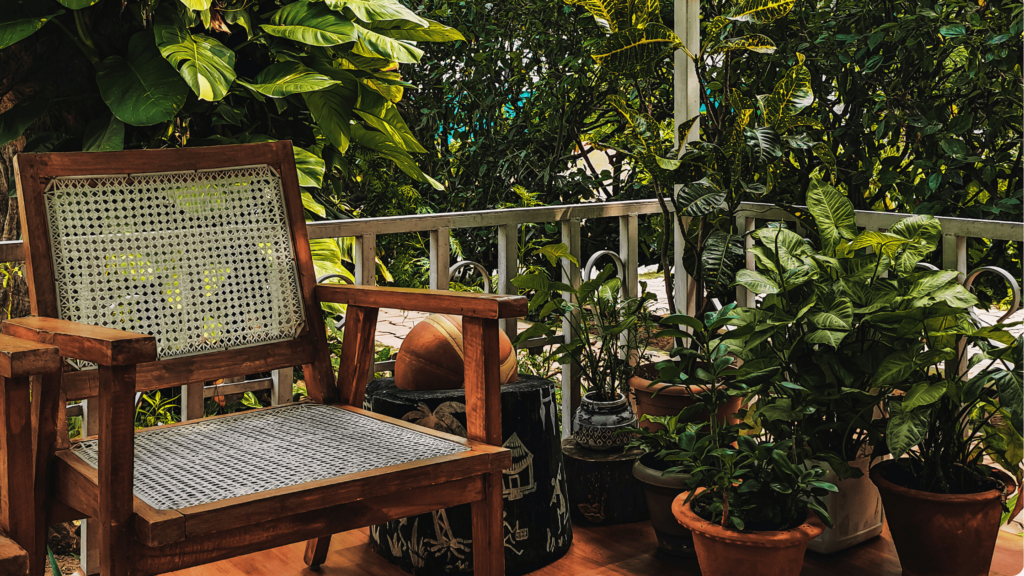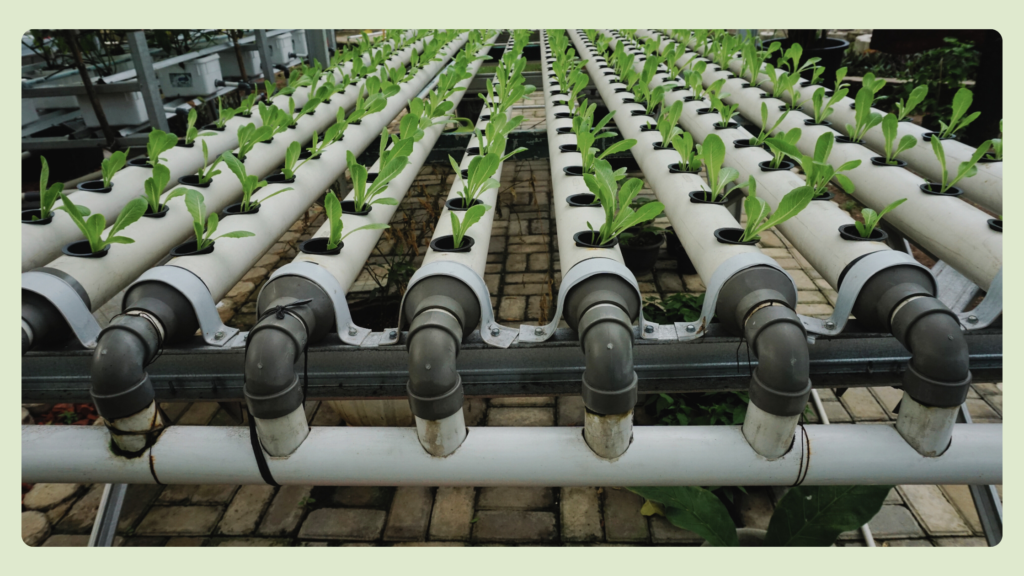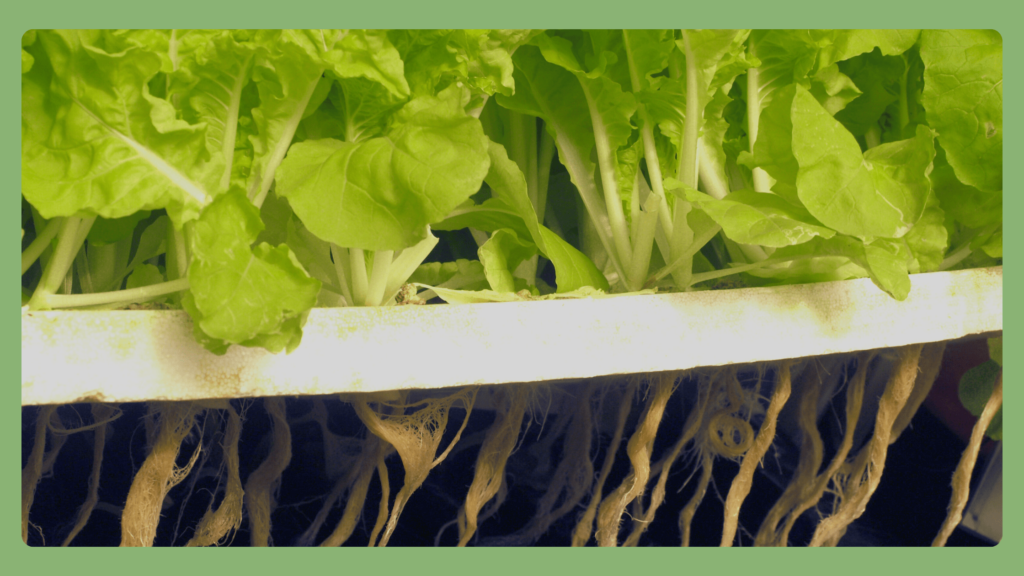If you have ever wondered how to grow vegetables on balcony, here are some tips.
A container garden on the balcony is a popular form of gardening. The same can be used to grow fruits and vegetables. They are not difficult to manage but need proper care to have an endless supply of vegetables for you. There are a few mandatory requirements to have a vegetable garden set up on the balcony. It helps in easy maintenance and also makes less mess.
The balconies are ideal places for the vegetable plants to grow with plenty of sunlight but not overly so. The plants are easily accessible for maintenance and you don’t need to go out in the sun to care for them. Here are a few things you need to remember while growing your vegetables on the balcony.
How to Grow Vegetables on Balcony
1. Choose the Right Containers
- The size of the container should be according to the plant growth.
- Some plants get crowded easily as they grow, such plants will need a bigger container, and the plants should also be spaced evenly to allow uniform growth.
- Choose deep containers for plants that develop more roots or that grow their roots deep. The depth of the container allows them to have a healthy environment.
- Deep pots are ideal for plants like tomatoes and carrots, and shallow pots are suitable for leafy greens and herbs.
- Place stones or broken pot pieces at the bottom of each container to prevent waterlogging.
2. Position Your Plants Correctly
- Choose the ideal space for each type of plant.
- The vegetable plants that need more sunlight should be at the edge of the balcony. Eg. Tomatoes and pepper.
- The chosen space should allow free growth of the plants according to their growth requirements.
- The windowsill can also be used for container gardening.
- Utilize vertical space by growing climbers like beans or cucumbers along walls or railings.
- The climbers may be used as live green privacy screens as well.
3. Use the Right Soil
- Soil used for container gardening on the balcony should be well drained but must catch enough moisture without getting soggy.
- The synthetic soil is made of wood chips, sawdust, perlite, peat moss, and vermiculture. This soil is coarse and allows more aeration and drainage.
- While using compost, choose the one that is made for container planting. It can hold more water than other types.
- Do not pack the pot till its rim. allow a few inches of free space to allow space for adding fertilizers and that allow aeration.
- Use light, well-draining soil with good aeration.
4. Watering and Feeding
- Never forget to water the vegetable plants, as the soil used may dry up faster.
- Sometimes the rain does not reach all over these plants due to the roofing.
- While watering make sure you water only enough. Overwatering will not help.
- Do not pour the water over the leaves as most plants do not like it.
- Gently mist the soil thoroughly, and check with your finger if the soil is well moist or not.
- Check soil moisture daily: Balcony plants can dry out faster due to exposure to the sun and wind.
- Use liquid fertilizers for better growth.
- Avoid leaching out nutrients by watering only when needed.
5. Mix Vegetables and Herbs
Mixing the vegetables in the balcony garden will make it attractive. The various vegetable flowers will look attractive. Include the herbs also to make it refreshing with more fluffy green.
- Planting a variety of vegetables not only makes your garden visually appealing but also ensures a steady harvest.
- Pair herbs with vegetables—basil works well with tomatoes, while mint and parsley add lush greenery to your garden.
Why Balcony Gardening Works So Well
Growing vegetables on a balcony gives you fresh vegetables without much hassle. They are easy to care for without having to step out into the heat. The best part is you can easily manage it even if you have access to a small balcony. Container gardening makes it suitable for growing healthy vegetables in any space.
However, it is important to choose the best vegetables that are suitable for your balcony and the intensity or duration of light it receives. If you get everything in sync, you will have a beautiful and refreshing garden. With a bit of care, you can turn your small space into a green haven that gets you delicious produce!
Grow Vegetables in Balcony
A balcony garden is a fantastic way to grow fresh vegetables for those who do not have a full backyard. All it needs is proper planning about what vegetables to choose how to plant them and where, etc. Space, sunlight and easy access for watering are all that are necessary. Plus, it’s enjoyable to pick fresh produce just a few steps away from your kitchen!
Best Vegetables to Grow on a Balcony
Here are the best vegetables to grow on your balcony and create a thriving, space-saving garden.
- Tomatoes:
- Tomatoes love sunlight and are perfect for a balcony garden. Choose cherry or dwarf tomato varieties for compact spaces.
- Make sure to choose deep containers and provide sturdy stakes or cages to support the vines as they grow.
- Bell Peppers and Chilies:
- Peppers love the warm climate and are perfect for sunny balconies. They need 6-8 hours of sunlight daily, making them an ideal choice.
- Use medium to large containers to allow room for roots to spread, and keep the soil consistently moist.
- Leafy Vegetables(Lettuce, Spinach, Kale):
- Leafy vegetables grow quickly and you can harvest them faster. They do not need too much sunlight and can also tolerate medium light. This is ideal for balconies that have limited light.
- Choose shallow containers for them and water regularly to keep the soil moist.
- Herbs (Basil, Mint, Parsley):
- Herbs are low-maintenance and ideal for small containers or window boxes. They add a refreshing touch to any balcony garden.
- Herbs like mint and basil grow faster and can easily grow on railings or edges where they get an adequate amount of breeze and light.
- Cucumbers and Beans:
- These climbing vegetables are good choices for walls or balcony railings. They are suitable for balconies that do not have much space to spare. Moreover, they can also be a natural green screen for privacy.
- The most important thing to note here is to use trellises or nets to support their growth.




